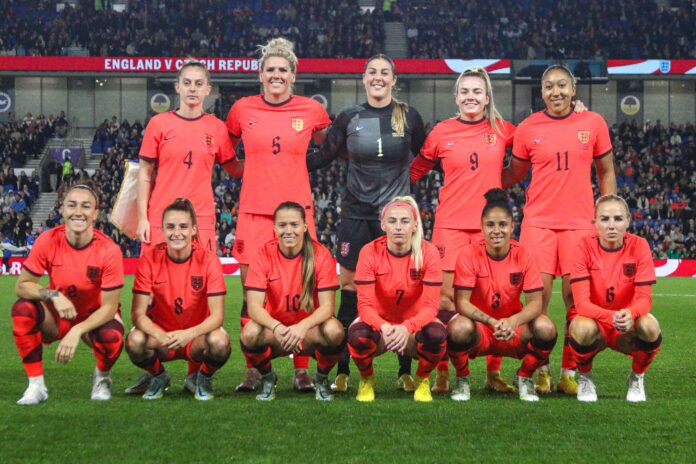Workplace expert, Acas, has published some top tips today to help employers prepare for potential issues that could arise during the Women’s World Cup that kicks off today.
The Women’s World Cup is a big sporting event for many employees who may want to follow their favourite football team and enjoy the tournament.
Acas advises employers and small businesses to plan ahead of key matches and have agreements in place that cover requests for time off, sickness absence, website use during working hours, listening to the radio or watching TV during this period.
Acas Chief Executive, Susan Clews, said:
“The Women’s World Cup is an exciting event for many football fans, but staff should avoid getting a red card for unreasonable demands or behaviour in the workplace during this period.
“For many businesses, maintaining a certain staffing level is critical in order to survive. Employers should have a set of simple workplace agreements in place before kick-off to help ensure their businesses remain productive whilst keeping staff on side too.
“Our top tips can help managers get the best from their team players, arrange appropriate substitutions if necessary and avoid unnecessary penalties or unplanned sendings-off.”
The 2023 Women’s World Cup will take place in Australia and New Zealand between 20 July and 20 August. Due to the time difference, football match start times in the UK will vary between 3am and 1pm.
Acas offers some top tips for employers to consider for the Women’s World Cup:
Time off – employers may wish to look at being a little more flexible when allowing employees time off during this period and employees should remember that it may not always be possible to book a holiday. The key is for both parties to try and come to an agreement. All requests for leave should be considered fairly. A consistent approach should be applied for holiday requests for other major sporting events too as not everyone likes football!
Sickness absence – employers may want to remind staff that their sickness and attendance policies will still apply during the Women’s World Cup. Any unauthorised absence, patterns of absence or late attendance are likely be investigated and could result in formal proceedings.
Flexibility – one possible option is to have a more flexible working day. Employees could come in a little later or finish sooner and then agree when this time can be made up.
Allowing staff to listen to the radio or watch the TV may be another possible option. Employers could also allow staff to take a break during match times. Another option is to look at allowing staff to swap shifts with their manager’s permission.
It is important to be fair and consistent with all staff if you allow additional benefits during the Women’s World Cup. Any change in hours or flexibility in working hours should be approved before the event.
Use of social media and websites – there may be an increase in the use of social media or websites covering the 2023 Women’s World Cup.
Employers may wish to remind staff of any policies regarding the use of social networking and websites during working hours. The policies should be clear on what is and isn’t acceptable web use.

| [donate]
| Help keep news FREE for our readersSupporting your local community newspaper/online news outlet is crucial now more than ever. If you believe in independent journalism,then consider making a valuable contribution by making a one-time or monthly donation. We operate in rural areas where providing unbiased news can be challenging. |




















